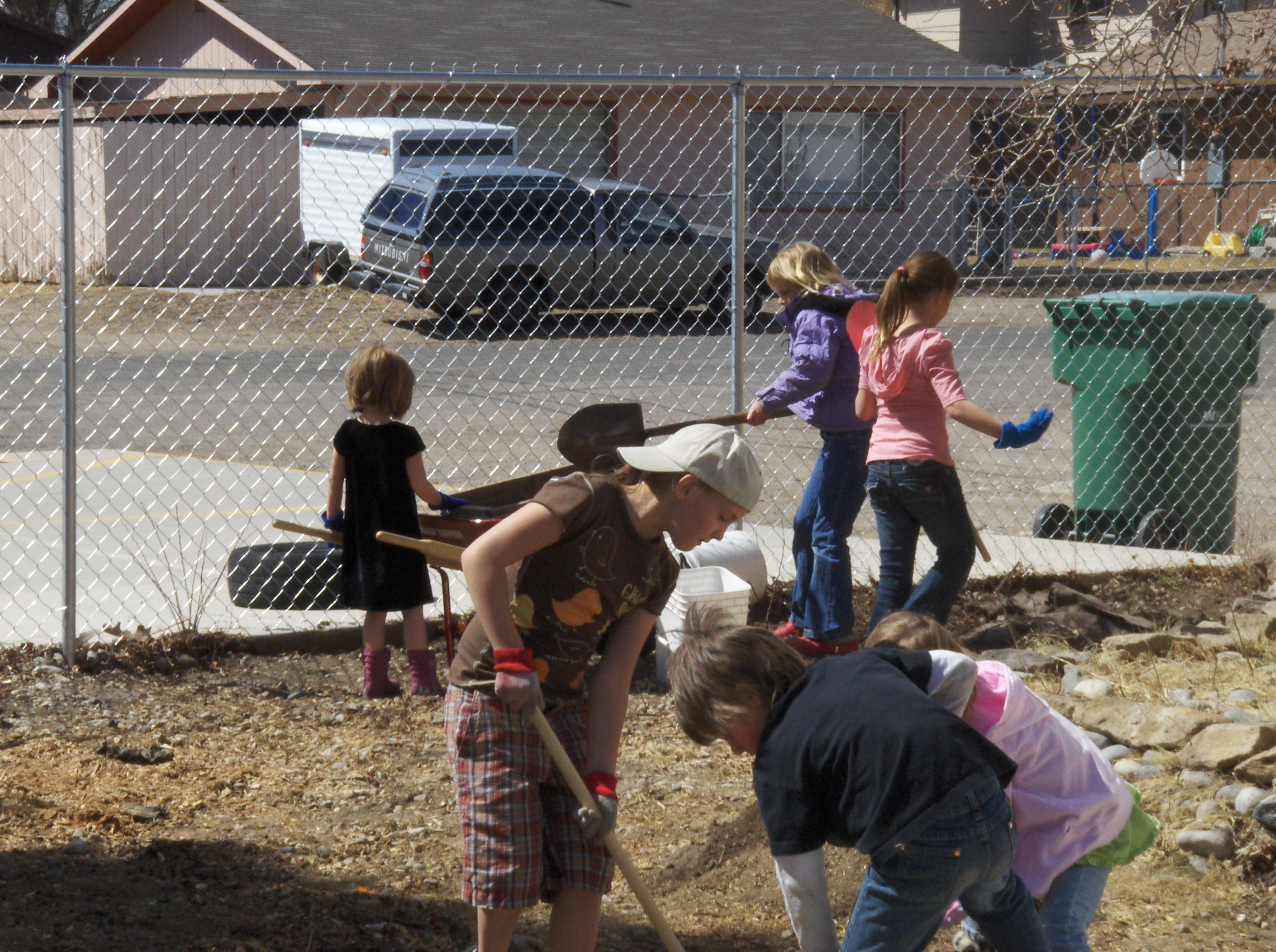The Greatest Help is Letting Go
Did you ever have a “free work day” with your elementary students? In the classrooms where I was teaching, it was a day in which students could pull out whatever they wanted, take time to just catch up or to go deeper; no interruptions of lessons, but teacher availability throughout. My co-workers and I assisted as needed, observed, and pretended to do our own catching up: possibly re-organizing or refurbishing materials on shelves or just some deeper dusting, so that we weren’t too obtrusive in the change of our usual routine.
The real freeing part for me, was the revelation that occurred. One student would choose to read the whole morning long; another to do a research with a friend on some topic out of the blue; another might choose to clean their cubby and get organized. I always learned something - many things - on these special days when I took a backseat to the workings of “my” classroom. I became witness to the children’s inner desires, and ended with the gift of a fresh, new perspective.

Dr. Montessori began one of her lectures with this little story:
If a foolish mother frog said to her little tadpoles in the pool, “Come out of the water, breathe the fresh air, enjoy yourselves in the young grass, and you will all grow into healthy little frogs. Come along now, mother knows best!” and the little tadpoles tried to obey, it would certainly mean the end of the tadpoles.
How like this foolish mother frog may we be as the teacher who knows best? Armed with the magnificent and voluminous Montessori curriculum and the expectations for academic success, are we telling our students that we know best by our expectations for completions, memorizations, or finished products?
We are all so busy with our grown-up, froggy work that we forget that the little tadpoles have work of their own to do - the work of growing into men and women.
Trust in the child, in the student, does not come easy. Whether new or seasoned in this work, we all face the challenge of sorting out how to provide the opportunities for the learning that is expected of our children, while leaving the student free to find the adult they are becoming. The responsibility for the details can weigh heavily. But if we remember that we are here as an aid to what is already present inside each child, that burden can be lifted, bringing joyful experiences for us all.
For as we practice trust in the children, we let go a little. We put the responsibility and the experiences into their hands, little by little, allowing discoveries of themselves: of who they are, and who they want to be. Yes, we use our awareness to prepare the experiences; we use our knowledge of growth and development to guide that preparation; and we use our own enthusiasm to ignite the flame. And then we must remember to stand back, watch it burn brightly within each child, and feel the warmth of their inner glow.